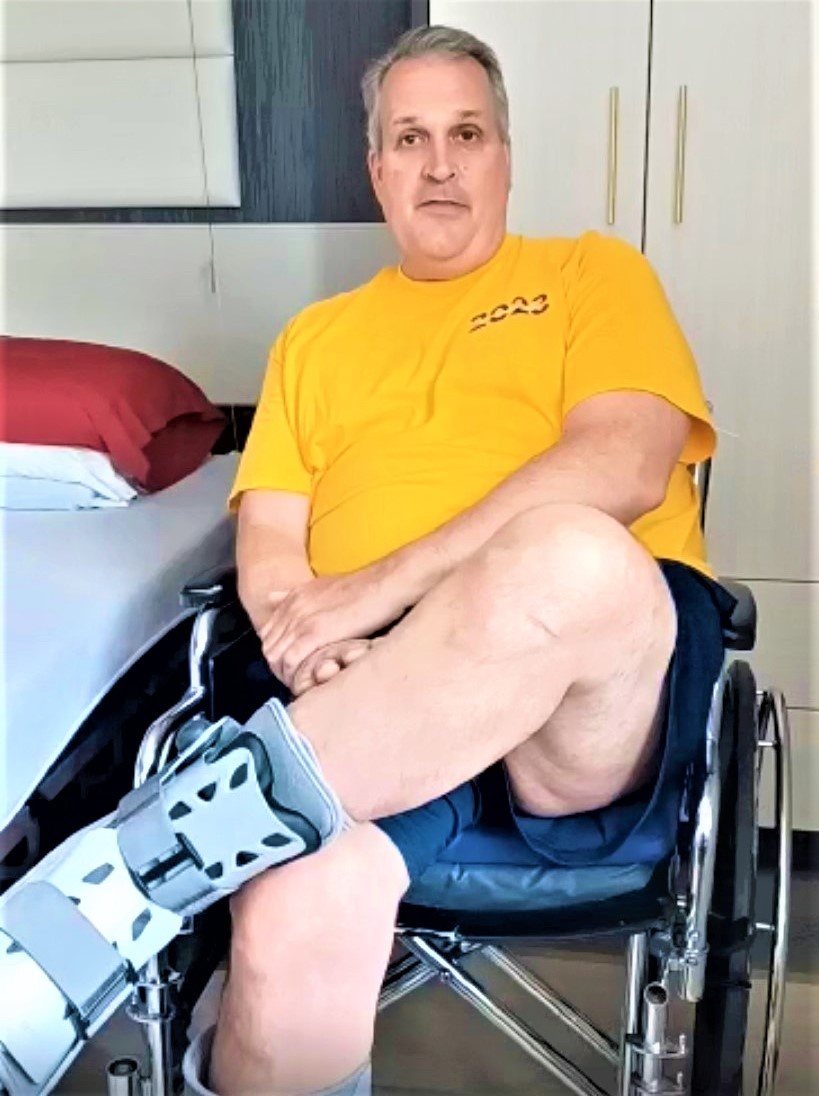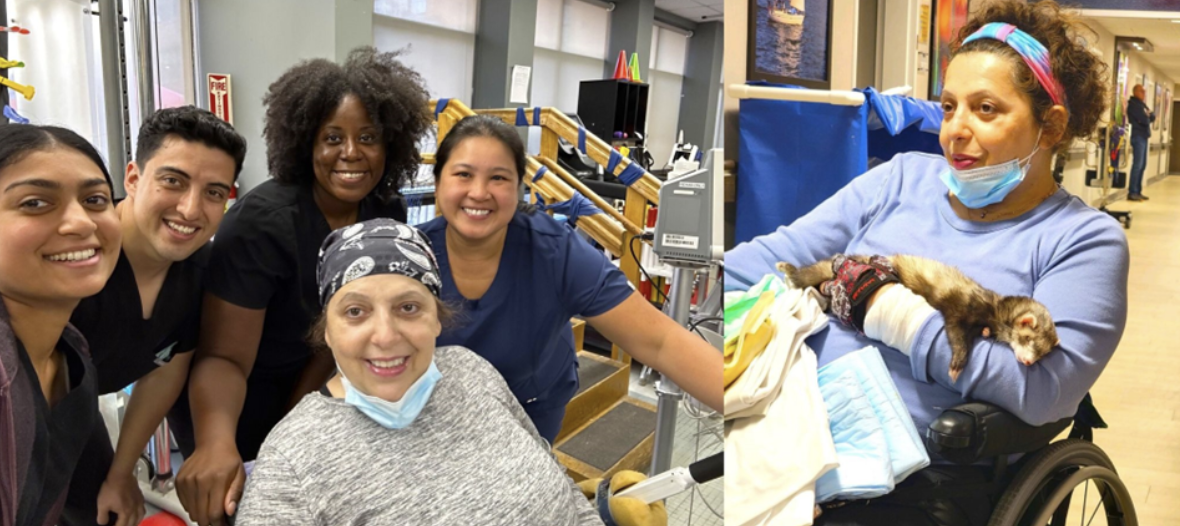Posted on June 25, 2019
Five Ways to Take Care of Emotional Needs After an Alzheimer’s Diagnosis
Receiving a diagnosis of Alzheimer’s disease is one of the most challenging things an individual or family can experience. It’s a life-changing event, so it is normal to feel a wide range of emotions.
At Luxor Nursing and Rehabilitation at Mills Pond, we have a dedicated unit for dementia and Alzheimer’s patients, so we know what the disease can do to patients and their families.
Sadly, people who are diagnosed know that a long road lies ahead for them, and with no known cure, it can be a depressing time. However, it can also be a relief that a person has answers and a name attached to the symptoms they’ve been experiencing.
We would like to pass along some insight from the Alzheimer’s Association on how you can take care of your emotional needs following a diagnosis.
Experiencing a Range of Emotions
People diagnosed with Alzheimer’s disease go through a range of emotions, which can be exhausting. They range from anger, to relief, to denial, and fear. Depression can also set in, which should be relayed to your doctor if you feel depressed or anxious for several weeks.
“You Are the Only Person Who Can Change How You Feel About Your Diagnosis”
The Alzheimer’s Association says it’s important to find healthy ways to deal with the emotions that you have. A combination of approaches on how to face your emotions have been proven to help, including:
- Write your thoughts and feelings in a journal.
- Share your feelings with close family and friends. Speaking openly and honestly will help them feel more comfortable in sharing their feelings with you. The goal is to strengthen your bonds rather than drift into isolation.
- Find online and in-person support groups to connect with people who are going through the same thing that you are.
- Seek help from a counselor or clergy member if you need an outlet. Face your emotions head-on. Take time to feel sad, mourn, and grieve if you need to.
- Remain engaged in activities that you enjoy for as long as possible. Maintain as much normalcy as you can.
Once you are ready, take advantage of the resource you have in your doctor. Ask questions about the diagnosis and all available treatment methods. An early diagnosis and proper treatment can delay more severe symptoms of the disease.



